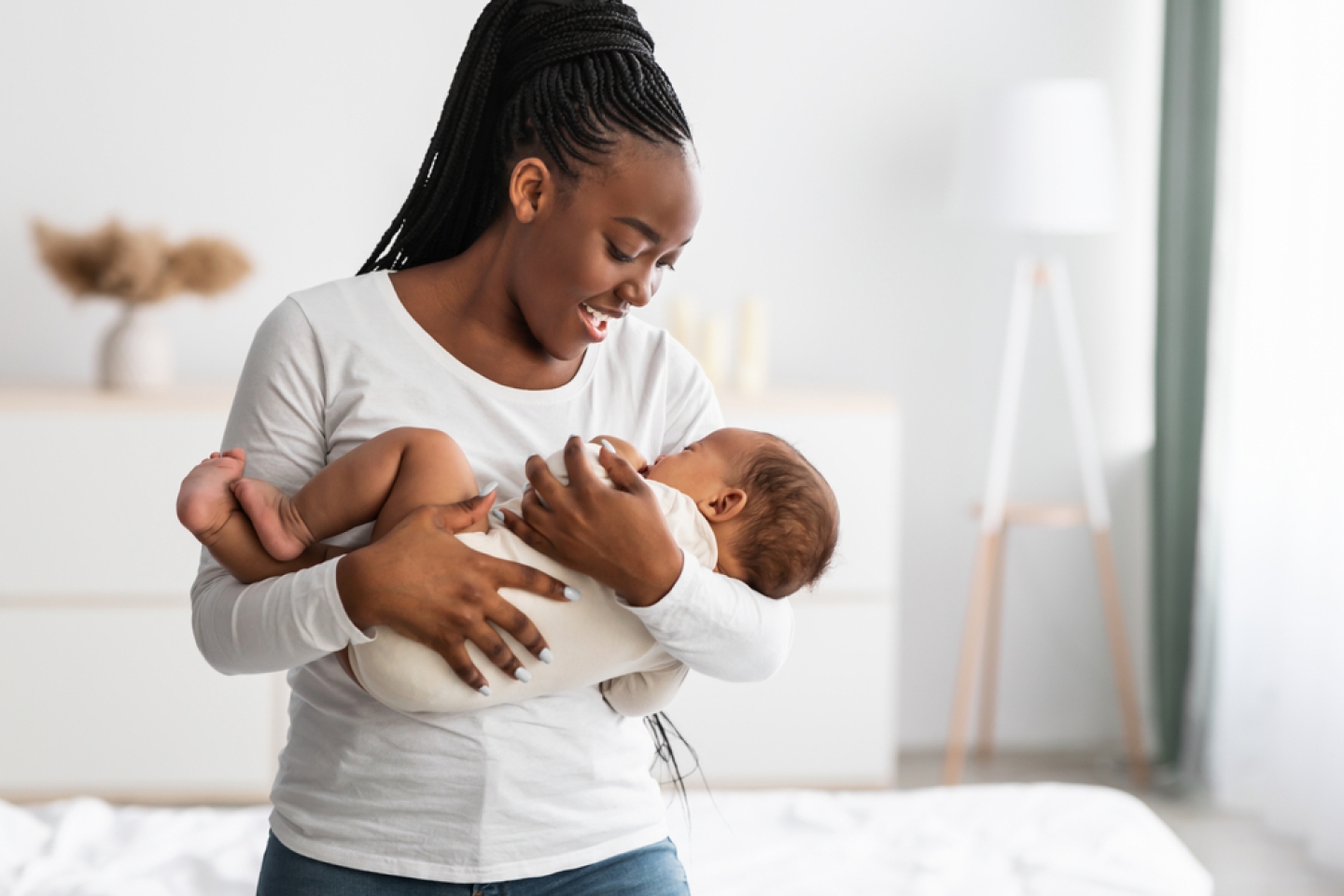
March 10 to 16 is National Sleep Awareness Week for 2024. This annual event raises awareness of the problems that ongoing sleep deficits can create.
According to the Centers for Disease Control and Prevention, around 1 in 3 adults regularly don’t get enough sleep (at least 7 hours per night). The issue is equally pronounced in children—25% to 50% of kids between 4 months to 14 years don’t get the sleep they need. The rates vary by region, with around one-third of children in the tri-state region experiencing a lack of sleep. Weill Cornell Medicine providers can help your whole family improve their sleep.
Long periods of too little sleep are tied to several serious health conditions, including depression, diabetes, heart disease and obesity. But the quality of sleep matters just as much as the amount. This is especially true for infants, who sleep up to 17 or 18 hours a day. If infants don’t have a safe sleep environment, it can be dangerous.
“It's important to try to start good sleep habits and sleep routines for infants early on,” says Katharina Graw-Panzer, M.D., assistant professor of pediatrics at Weill Cornell Medicine and Director of the Pediatric Sleep and Breathing Disorders Center. “Starting sleep training early will help babies learn how to fall asleep by themselves in a safe manner.”
Practicing a few simple steps is crucial for your infant’s sleep safety. Improper sleep habits can increase the risk of sudden infant death syndrome. Remember the ABCs:
“Any sleep surface other than a crib or bassinet is not recommended, such as a car seat, rocking chair or baby carrier,” Dr. Graw-Panzer says. “If a baby falls asleep in another device, they should be placed in the crib as soon as possible. Babies in car seats can drop their heads onto cushioning and face airway obstruction.”
If you are breastfeeding, you can nurse in your bed at night, but the baby should always be placed back in their separate bed for safety.
Practicing good sleep hygiene can help both you and your kids feel better all day long. Try the following tips to improve your sleep health:
If you or your child struggle to get enough sleep at night, make an appointment with a Weill Cornell Medicine provider to discuss your sleep health. Find a doctor.